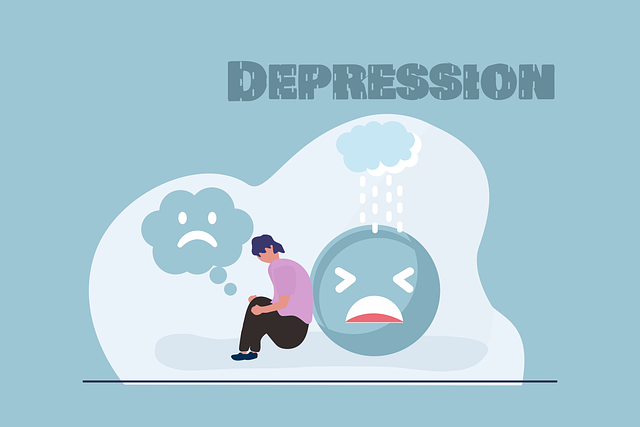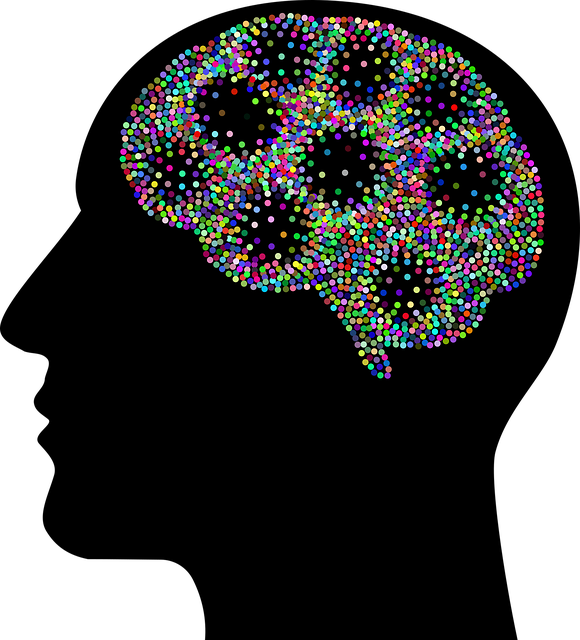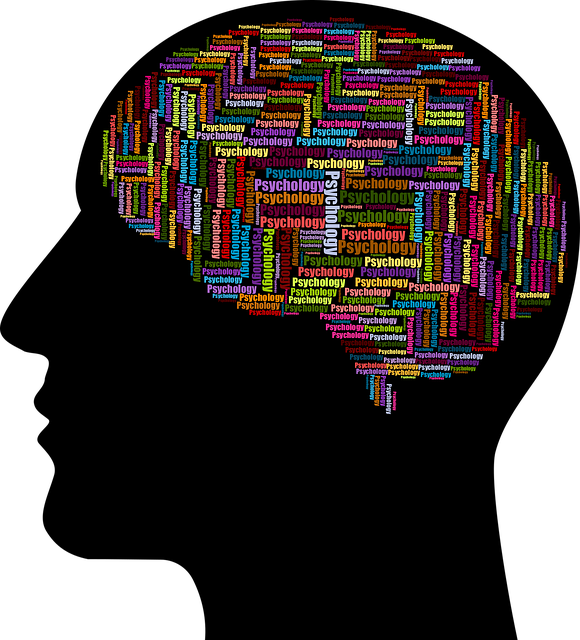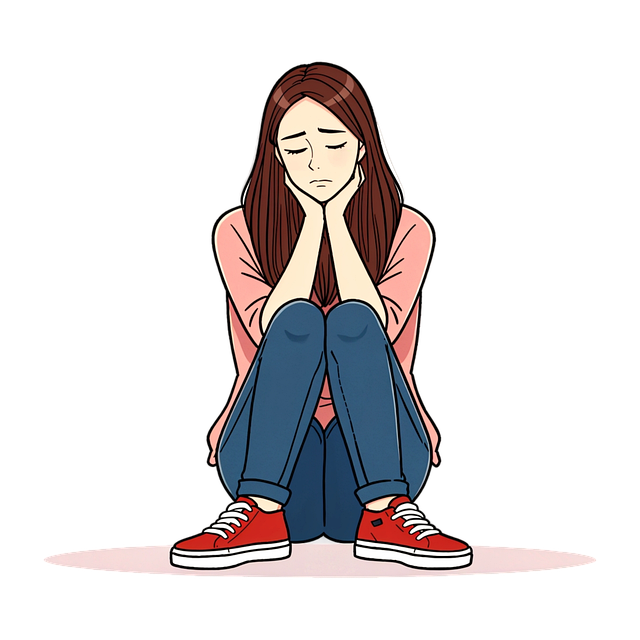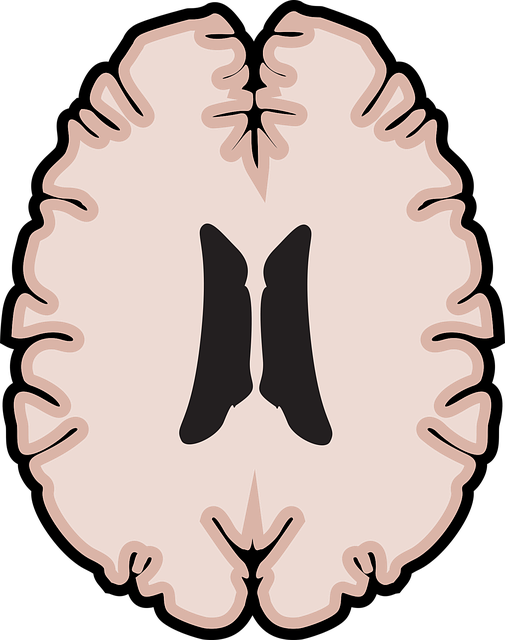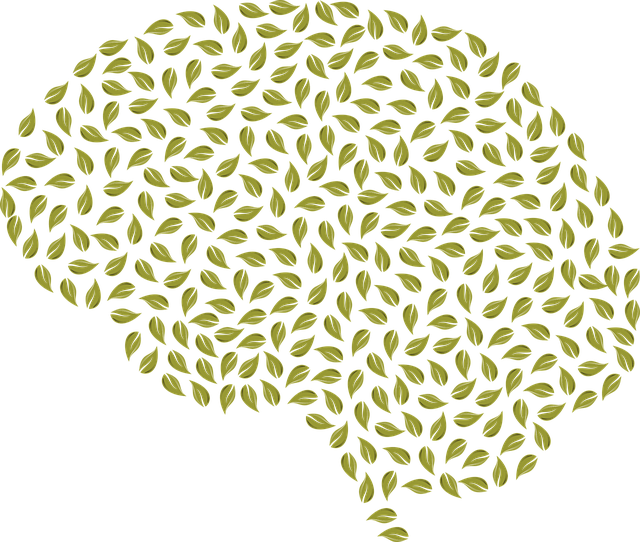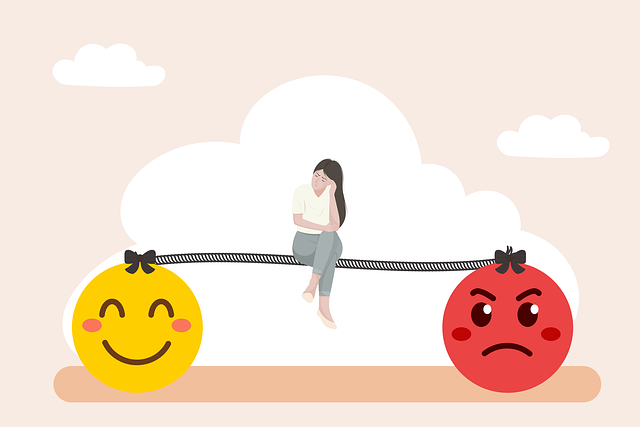Tailoring therapy for elderly mental health patients, especially women, is crucial due to age-related challenges like isolation, cognitive decline, and unique gender disparities. Therapists must adapt sessions to individual needs, incorporate stress management techniques, and offer tailored coaching programs addressing specific women's issues such as hormonal changes and caregiving duties. Effective evidence-based practices, including mindfulness and journaling exercises, promote mental wellness in this demographic, improving their quality of life.
Mental health professionals face unique challenges when assessing and treating elderly patients. This article explores in-depth risk assessment strategies tailored to the specific needs of both elderly mental health patients and women facing gender-specific issues.
We delve into the unique vulnerabilities of the elderly, common mental health concerns like cognitive impairment and social isolation, as well as women’s distinct challenges such as hormonal changes and societal pressures. By understanding these risks, professionals can develop comprehensive assessment tools, implement effective crisis interventions, and provide tailored therapy for elders and women experiencing mental health issues.
- Identifying Risks Specific to Elderly Mental Health Patients
- – Unique challenges and vulnerabilities of elderly patients
- – Common mental health issues in the elderly population
Identifying Risks Specific to Elderly Mental Health Patients

Identifying risks specific to elderly mental health patients is a critical aspect of ensuring effective care. As individuals age, they often face unique challenges that can impact their mental wellness, such as social isolation, cognitive decline, and chronic illnesses. These factors may contribute to increased anxiety, depression, and other mental health issues. For example, the loss of a support network due to declining health or passing away of loved ones can profoundly affect an elderly person’s emotional state.
When assessing risks in this demographic, therapists must consider the specific needs of older adults, including those related to women’s issues. Age-related gender disparities and life experiences can significantly influence mental health. Women, in particular, may face additional challenges such as hormonal changes, caregiving responsibilities, and historical societal pressures, all of which can contribute to unique psychological risks. Therefore, therapists should be adept at tailoring therapy for elders while addressing these nuanced concerns through programs like Mental Wellness Coaching and policy advocacy that promote Mental Health Policy Analysis and Advocacy. Effective stress management techniques are also crucial in mitigating these risks and enhancing the overall well-being of elderly mental health patients.
– Unique challenges and vulnerabilities of elderly patients

Elderly patients often present unique challenges for mental health professionals. As individuals age, they may experience cognitive decline, physical limitations, and social isolation, all of which can impact their mental wellness. These factors require therapists to adapt their approach, tailoring therapy sessions to accommodate specific needs like mobility issues or memory loss. Additionally, elders carry a lifetime of experiences and traumas that surface in unexpected ways.
When addressing women’s issues specifically, the complexities deepen. Elderly women often face historical and societal challenges related to gender roles and expectations, which can contribute to feelings of depression and anxiety. Incorporating techniques from mental wellness journaling exercises or guidance on emotional well-being promotion can be invaluable tools in these cases. Moreover, recognizing the importance of developing tailored coaching programs that support older women’s unique circumstances fosters a more inclusive and effective therapeutic environment.
– Common mental health issues in the elderly population

The elderly population faces unique mental health challenges that often go overlooked. Common issues include depression, anxiety, and cognitive decline, with rates rising as people age. Many older adults struggle with feelings of loneliness and isolation due to reduced mobility, loss of loved ones, and changes in living situations. Additionally, women in this demographic face distinct concerns, such as post-menopausal symptoms, grief over the loss of fertility, and increased risks of depression and anxiety disorders. These mental health issues can be exacerbated by chronic physical conditions and the use of multiple medications, making it crucial for professionals to approach therapy with sensitivity and expertise.
Addressing these challenges requires a multifaceted approach that incorporates evidence-based practices like Mind Over Matter principles and mindfulness meditation. Mental wellness journaling exercises can also provide guidance and support, helping individuals process their emotions and maintain mental balance. By integrating techniques like these into care plans, mental health professionals can better serve the unique needs of elderly clients, promoting mental wellness and enhancing their overall quality of life.
Mental health professionals working with elderly patients, particularly women, face distinct risks due to the unique challenges and vulnerabilities of this demographic. Identifying and mitigating these risks is crucial to ensure effective therapy for elders and address common mental health issues specific to this population. By understanding the specific needs and concerns of elderly patients, professionals can create safer, more supportive environments, ultimately enhancing the quality of care provided.

